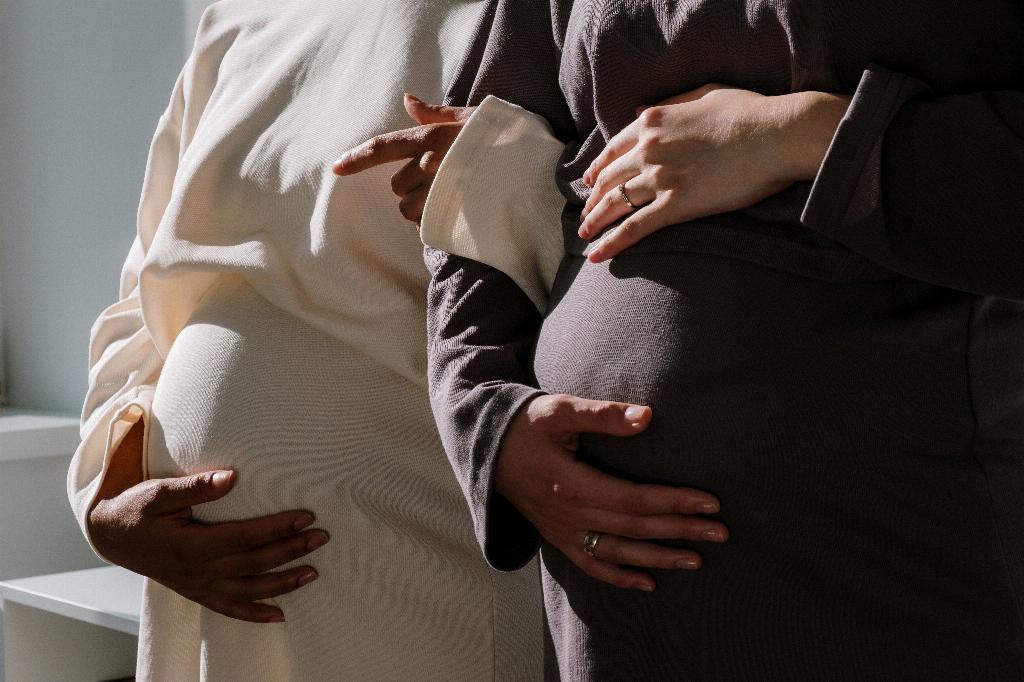When it comes to the realm of pregnancy complications, ectopic pregnancy stands out as a particularly concerning condition. One question that often arises is whether an ectopic pregnancy can rupture without the individual being aware of it. Despite the potentially life-threatening nature of an ectopic pregnancy rupture, the answer to this question may surprise many.
Understanding the Silent Threat
An ectopic pregnancy occurs when a fertilized egg implants itself outside of the uterus, commonly within a fallopian tube. One unsettling aspect of this condition is that it can progress silently, without any noticeable symptoms. It is entirely possible for an individual to be unaware of the presence of an ectopic pregnancy until a rupture occurs.
The Critical Moment of Rupture
One of the most critical junctures in an ectopic pregnancy is the moment of rupture. When the developing embryo grows too large for the fallopian tube to accommodate, the tube may burst, leading to internal bleeding and other severe complications. It is at this point that symptoms typically manifest, often in a sudden and intense manner.
Signs and Symptoms of Rupture
Following a rupture of the fallopian tube, various signs and symptoms may emerge, signaling a medical emergency. Severe stomach pain is a hallmark indicator of an ectopic pregnancy rupture. This pain may be sharp and persistent, necessitating immediate medical attention to prevent further complications.
Recognizing the Red Flags
Aside from stomach pain, other symptoms associated with an ectopic pregnancy rupture include vaginal bleeding, lightheadedness, fainting, shoulder pain, and rectal pressure. It is crucial to be vigilant and responsive to these signals, as prompt intervention can be life-saving in such critical situations.
Medical Evaluation and Intervention
Given the stealthy nature of ectopic pregnancies, early detection is paramount to prevent ruptures and mitigate risks. Regular prenatal care and monitoring can aid in the timely identification of ectopic pregnancies, enabling healthcare providers to intervene before complications arise.
Exploring Diagnostic Techniques
Various diagnostic methods, such as ultrasound imaging and blood tests, play a pivotal role in detecting ectopic pregnancies. These tools allow healthcare professionals to assess the location and viability of the pregnancy, guiding treatment decisions and ensuring optimal care for the individual.
Treatment Options and Considerations
In cases where an ectopic pregnancy is diagnosed, treatment may involve medication to halt the progression of the pregnancy or surgical intervention to remove the ectopic tissue. The choice of treatment depends on various factors, including the individual’s health status and the extent of the ectopic pregnancy.
Emotional and Psychological Impact
Dealing with the complexities of an ectopic pregnancy and potential rupture can take a toll on one’s emotional well-being. It is essential for individuals facing such challenges to seek support and guidance from healthcare professionals, loved ones, and mental health resources to navigate this difficult journey.
Preventive Measures and Education
Empowering individuals with knowledge about ectopic pregnancies, their risks, and the importance of early detection can aid in prevention efforts. Educating the public about the signs and symptoms of ectopic pregnancy can prompt timely action and potentially avert dangerous ruptures.
Conclusion: A Call to Awareness
In conclusion, while it is possible for an ectopic pregnancy to rupture without the individual knowing, staying informed and attuned to one’s body is crucial in safeguarding against such hidden dangers. By fostering awareness, promoting early detection, and advocating for timely medical intervention, we can strive to protect individuals at risk of ectopic pregnancy ruptures.

